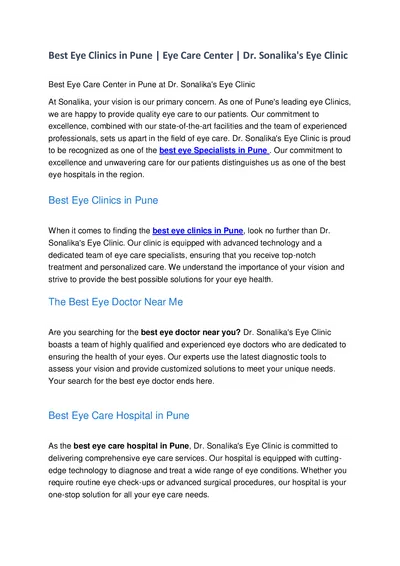PPT-Candidate Training Best Practices for Talking about Reproductive Freedom in Maryland
Author : araquant | Published Date : 2020-06-23
NARAL ProChoice Maryland PAC 1323 N Calvert Street Suite A Baltimore MD 21202 wwwprochoicemdorg 4438692970 Presentation Outline Why reproductive freedom is a campaign
Presentation Embed Code
Download Presentation
Download Presentation The PPT/PDF document "Candidate Training Best Practices for Ta..." is the property of its rightful owner. Permission is granted to download and print the materials on this website for personal, non-commercial use only, and to display it on your personal computer provided you do not modify the materials and that you retain all copyright notices contained in the materials. By downloading content from our website, you accept the terms of this agreement.
Candidate Training Best Practices for Talking about Reproductive Freedom in Maryland: Transcript
Download Rules Of Document
"Candidate Training Best Practices for Talking about Reproductive Freedom in Maryland"The content belongs to its owner. You may download and print it for personal use, without modification, and keep all copyright notices. By downloading, you agree to these terms.
Related Documents














